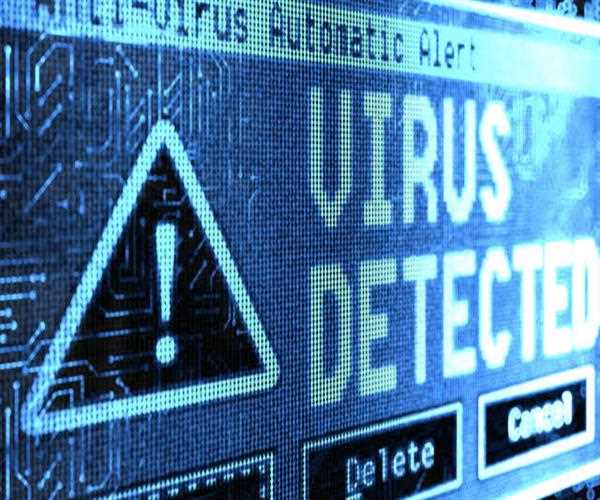1. Isolate and Stop the Spread:
- Disconnect from the internet: Limit the virus' reach by severing its online connection.
- Reboot in Safe Mode: This basic operating system hinders the virus' ability to run.
2. Scan and Clean:
- Run antivirus software: A reliable antivirus like Windows Defender or Norton can detect and remove the virus.
- Try dedicated malware scanners: If your antivirus misses something, specialized tools like Malwarebytes can help.
3. Disarm and Clean Up:
- Delete temporary files: Clear temporary internet files and other clutter used by the virus.
- Remove suspicious programs: Uninstall any recently installed programs you suspect are malicious.
4. Prevention for the Future:
- Update software regularly: Outdated software has security vulnerabilities that viruses exploit.
- Beware of suspicious links and downloads: Only download from trusted sources and avoid clicking on unknown links.
- Backup your data regularly: This ensures you can recover your files even if a virus strikes.
Remember: If things get too complicated, don't hesitate to seek professional help from tech support or certified virus removal services. Stay vigilant, follow these steps, and your computer will be virus-free in no time!
